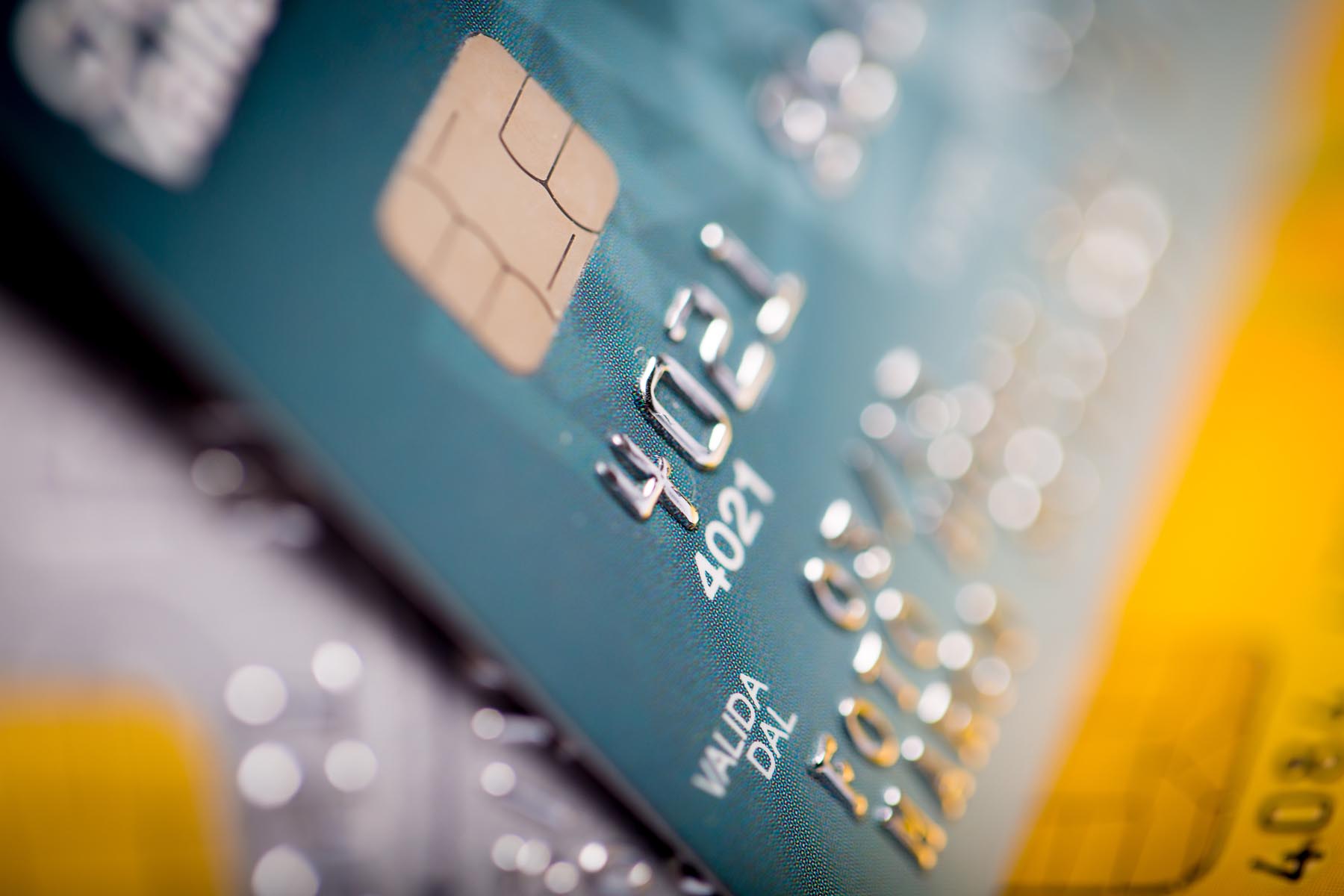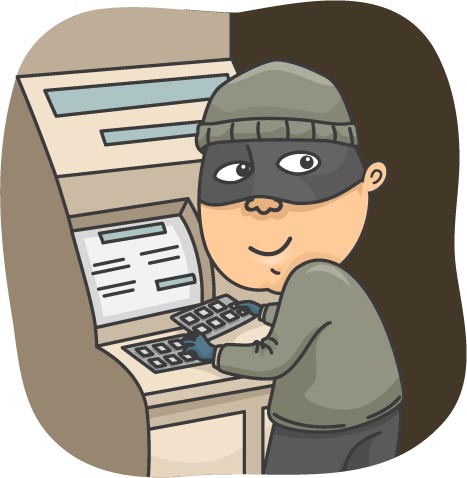Credit card scams are at an all time high and credit card companies are constantly attempting to close the fraudulent loop holes as fast as new ones surface. The U.S. credit card industry is currently going through a massive change as it switches over to “chip based” cards. The EMV credit cards (the acronym came from “Europay, MasterCard, and Visa”) have been widely used in Europe for many years. Banks have been sending out new credit and debit cards that have an embedded microchip to meet an October 2015 liability change deadline. However, the credit card scammers are still out there.
New Chip Technology
The new EVM credit cards being issued provide more security because the computer chip creates and encrypts a new number every time the card is used. The older cards stores payment data in the magnetic stripe on the back of the card. The magnetic stripe is easy to steal, replicate, and put on fake cards. Since everyone has not received a new card, credit card scams are poised to take advantage.

New Credit Card Chip Email Scam
Scammers are sending out bogus emails pretending to be credit card companies. The email will state that the consumer needs to update their credit card account by emailing a reply confirming personal information or clicking on a link in order to get their upgraded card, according to The Federal Trade Commission (FTC). Fraudsters then use the provided information to steal a consumer’s identity. At this time, EMV cards will not stop credit card fraud involved in online purchases.
Solution: Do not trust an email link. If you have any issues with your credit card, always call the telephone number on the back of your card.
Skimming Machines
Skimming machines or “skimmers” have become high tech. Skimmers have been found connected to gas pumps credit card machines and ATMs throughout the U.S. A skimmer is a crude piece of plastic placed directly over the slot where you insert your credit or ATM card into the machine. This piece of plastic is designed to “read” the information off the magnetic strip from the back of the consumer’s card. The skimmer collects credit card data and then transfer to the scammers via Bluetooth, who can then replicate the cards and go on a spending spree.
Less technological skimming tricks include restaurant staff and retail employees skimming your credit card information and then using it to make small purchases that are very often missed by the victim.
Solution: Look carefully at the ATM or credit card machine that you are using and run your hand firmly over the slot that you insert your card into making sure that it doesn’t wiggle around. If so, don’t use it and report it to the merchant or bank. Also, keep all your credit card receipts in an envelope and check the totals against your monthly credit card statements. Report any discrepancies immediately to your credit card company to avoid fraudulent charges.
ATM Machine Spies
In addition to skimmers, criminals have been known to use high powered binoculars or cameras to peer over the card holder’s shoulder to obtain consumer’s banking information. 
Solution: Use ATM’s located inside a bank. Place your free hand over the one that is entering the PIN to hide it from anyone that may be spying on you.
Cell Phone Camera Spies
Another camera capture trick may happen when a “would be shopper” appears to be talking on their cell phone nearby the check out register while you are paying for a purchase. Or he/she appears to be talking on their cell phone outside a restaurant’s window, while you are inside using your credit card to pay for a meal.
While the would be shopper or bystander appears to be deeply engrossed in their conversation, he/she may be using their cell phone camera to take pictures of your credit card number information.
Solution: Be aware of strangers getting too close to you when using your credit card at retail establishment, especially when they appear to be talking on their phone.
Keystroke Logger Spyware
Many computers are infected with “keystroke logger” spyware that may have been installed on your computer. Victims often download and install keystroke logger spyware without realizing that they are doing so. According to the Better Business Bureau, in one such scam “Thousands of high-ranking executives across the country received an e-mail message that appeared to be official subpoenas from the United States District Court in San Diego. Each message includes the executive’s name, company and phone number, and commands the recipient to appear before a grand jury in a civil case.” A link embedded in the message offers the recipient a copy of the subpoena. Once clicked to view the link, they unknowingly install the keystroke software that records all their subsequent keystrokes, including credit card numbers, user ID’s and passwords. When an online purchase is subsequently made, the scammer is able to obtain the victim’s credit card number.
Solution: Do not click on any links from someone you do not know. If you receive an email from someone you do know, but you aren’t sure if the content is legitimate, call them before clicking the link. Also, purchase and install a current Internet security program to help thwart an attack.
Note: If you think you are a victim of a credit card scam or fraud, call your credit card company immediately to have your account suspended and have a new card issued. Additionally, you should call the credit bureaus and get a hold put on your credit reports.
